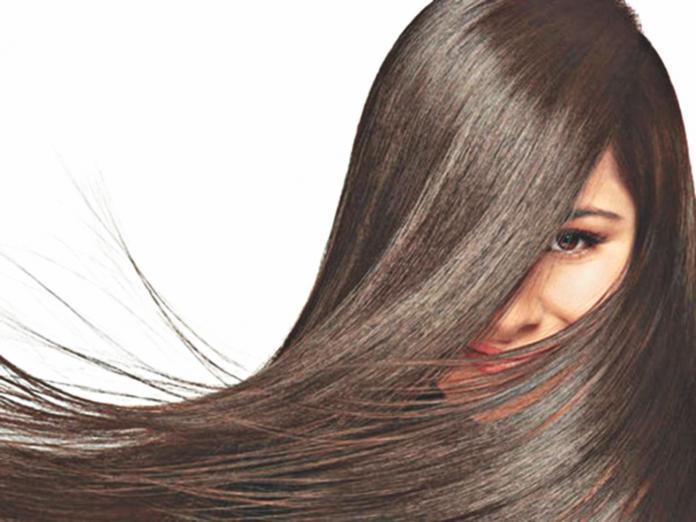After months of self-imposed lockdown, we heard many friends and pals complaining about excessive hair loss. A number of studies concluded that owing to the fact that we are now spending more time indoors, we are not getting the Vitamin D and fresh air and nutrients our hair and scalp needs to grow in a healthy manner. We were urged to take our vitamins and Vitamin C and take as much care as possible of our tresses.
And now, monsoon season is upon us which can also wreak havoc on our hair. While monsoon is the perfect time to sit by our window sills and sip on our cups of tea and coffee as we watch the word go by, you’ll notice that the change in the humidity, the weather and the temperature will have an impact on your skin, hair and nails and your overall mood. If you manage to get caught in the rain it can result in ruined blow dries, tangled hair and rain water itself can be disastrous for your hair and cause hair fall.
But there are steps you can take to protect your locks and always, we’ve got your back. We’ve rounded up 6 tips to care for your hair in the monsoon season.
-
Avoid heated styling tools
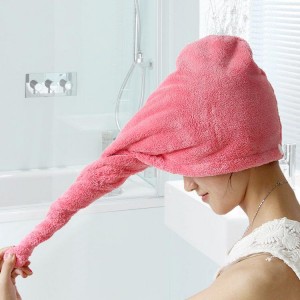
This is a big no. While styling tools should be avoided as much as possible during normal days, they should especially be avoided during monsoon. Keep styling to a minimum so as to avoid hair loss. The humidity in the air during the monsoon is already enough to cause distress to your hair, so why would you want to damage it further? Heated styling tools are the number one cause of damaging hair and causing hair loss.
-
Don’t comb when wet
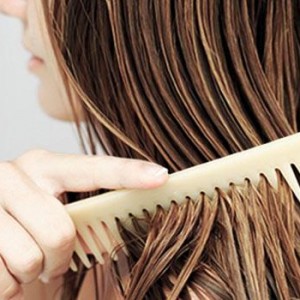
As a general rule, wet hair should never be combed. Staying away from heat tools is one thing, but combing wet hair is another. Wet hair is most often tangled and trying to comb through this is a struggle. This will lead to severe hair fall and breakage so be sure to avoid it at all costs. Another point to note is to never share a comb. Doing so can lead to scalp infections and transmission of lice.
-
Wash your hair
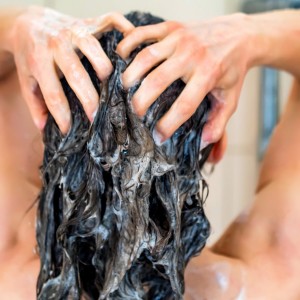
If for any reason you get caught in the rain and your hair gets drenched, wash it as soon as you are able to. Don’t wait till you get home and it dries. Take a shower immediately. Use a gentle shampoo to get rid of the rainwater and this will do the trick. Rainwater is known to be filled with pollutants and free radicals which will damage your hair and cause it to break. It will be left in a worse condition. Also, finish off with a conditioner that will leave your hair feeling nice and smooth.
-
Make use of aloe vera gel
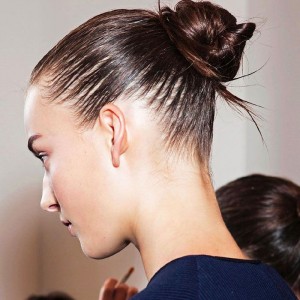
Aloe vera gel is known to be the saving grace for hair loss. It is a natural gel found in the leaves of an aloe vera plant and has countless benefits. The gel has the ability to calm the scalp if there are any inflammations and cleanses it well too. The gel should be applied to your scalp once a week to keep your scalp hair healthy. It can also be mixed with a hair oil for best results.
-
Oil your hair regularly
Our environment, the pollution and external factors have the ability to dry out our scalps and a dry scalp can not promote hair growth. Applying a hair oil at least once a week will resolve the issue of a dry scalp and will also soften the texture of your hair. This is especially true in the case of coloured hair. Olive oil, castor oil and almond oil works best for the scalp and can also be used together.
http://brownidentity.com/2020/07/10/bathrobe-vs-sock-curls-tick-tok-hair-trends-to-try-out-for-those-90s-supermodel-locks/
-
Don’t tie your hair up
If you didn’t know, now you know! Wet hair should never be tied up. And during the monsoon season, you should avoid tying it up at all. If hair is wet and it is tied up, this leads to severe hair fall. Similarly to wet hair being combed, wet hair being tied up can also wreak havoc. If you do need to keep your hair out of your face, push it back using a hair clip and secure it in place. The perfect excuse to use that pearl barrette.
-
Switch to a microfiber towel
If there is one thing you do for your hair, then it should be to invest in a microfiber towel. A microfiber towel will help to absorb the water faster and allow your hair to dry faster. Using a normal towel generally creates a lot of friction, causing the hair to break. A microfiber towel on the other hand ensures minimum friction which means less hair fall.

